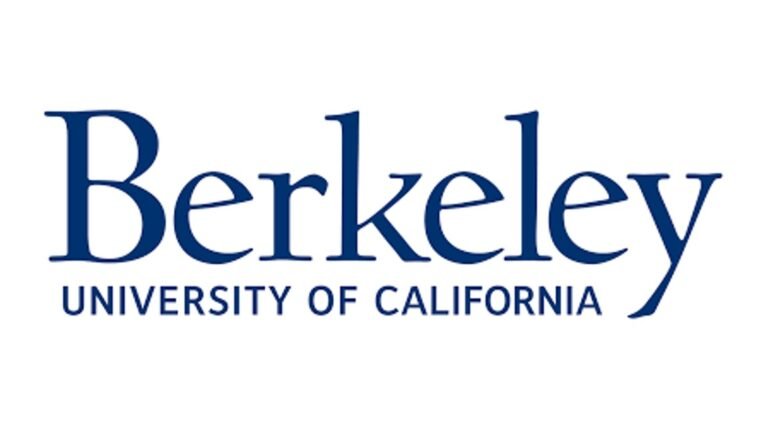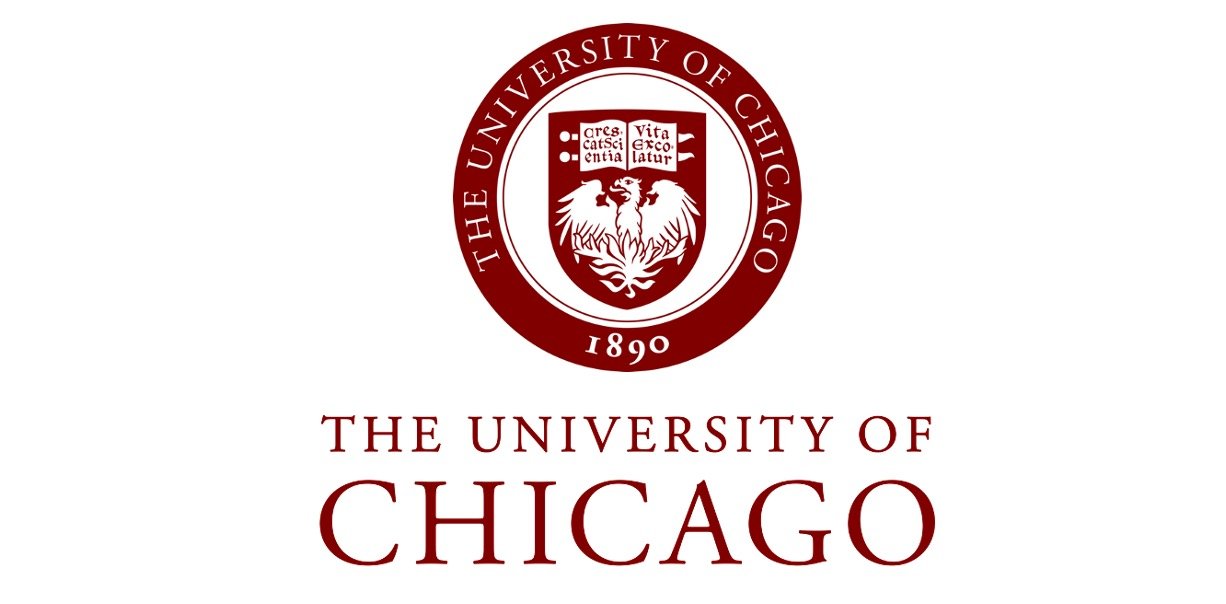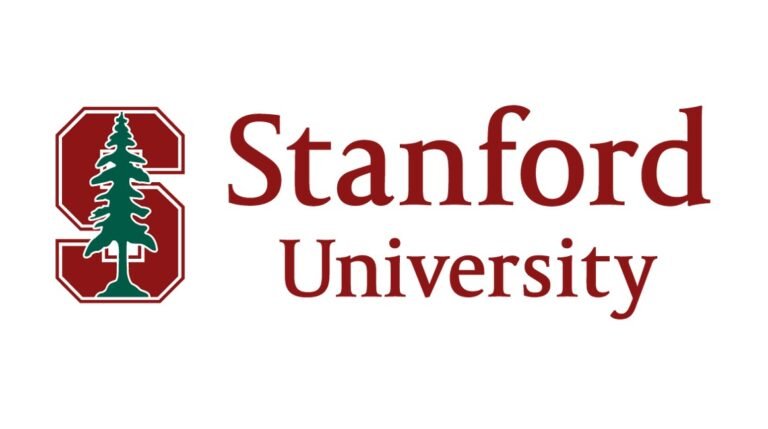The department researches the interaction of light and matter over an enormous range of conditions, from high-energy plasmas created by the most powerful lasers in the world, to the coherent manipulation of single quantum particles for implementing quantum information processing, to the creation of exotic states of quantum matter such as Bose-Einstein condensation.
Research in atomic and laser physics (ALP) involves some of the most rapidly developing areas of physical science and ranges from the fundamental physics of quantum systems to interdisciplinary application of lasers.
The themes include the following, using both experiment and theory:
- quantum computation
- quantum cryptography
- quantum chaos
- quantum memories
- optical manipulation of cold atoms and molecules
- ultra-cold matter
- Bose-Einstein condensations
- optical lattices and quantum simulations
- ions traps and entanglement
- non-linear optics
- cavity quantum electrodynamics
- quantum optics
- high-intensity laser interactions
- ultra-fast X-ray science
- laser-plasma science
- attosecond optics
- optical metrology and precision spectroscopy
- fundamental tests of QED
- femtosecond combs
- EPR and NMR for QIP
- laboratory astrophysics.
PhD Program Requirements
A first-class or strong upper second-class undergraduate degree with honours in physics, mathematics or related fields. The equivalent of a UK four-year integrated MPhys or MSci is typically required. Bachelor’s degrees with a minimum four years’ standard duration may also satisfy the entry requirements.
Entrance is very competitive and most successful applicants have a first-class degree or the equivalent as well as a master’s degree. In exceptional cases, the requirement for a first-class or strong upper second-class undergraduate degree with honours can be alternatively demonstrated by a graduate master’s degree or substantial directly-related professional or research experience.
For applicants with a degree from the USA, the typical minimum GPA sought is 3.3 out of 4.0. However, selection of candidates also depends on other factors in your application and most successful applicants have achieved higher GPA scores.
Details of any publications. Many candidates with no peer-reviewed publications receive offers each year.
Research or professional experience in areas aligned with the proposed supervisors’ research interests.
Depending on the project, evidence of training in scientific computer programming or related numerical techniques.
Previous experience in a scientific or technical research environment.
PhD Funding Coverage
The University expects to be able to offer over 1,000 full or partial graduate scholarships across the collegiate University in 2024-25.
You will be automatically considered for the majority of Oxford scholarships, if you fulfil the eligibility criteria and submit your graduate application by the relevant December or January deadline.
Most scholarships are awarded on the basis of academic merit and/or potential.
Application Requirement
1. Online Application
2. Official transcript(s): Your transcripts should give detailed information of the individual grades received in your university-level qualifications to date. You should only upload official documents issued by your institution and any transcript not in English should be accompanied by a certified translation.
3. Research proposal: A research proposal outlining your research interests and experience should be submitted. The proposal should outline your reasons for wishing to study for a DPhil in Atomic and Laser Physics, and the type of research project that you wish to undertake.
4. GRE General Test scores: No Graduate Record Examination (GRE) or GMAT scores are sought.
5. English language proficiency: This course requires proficiency in English at the University’s higher level. If your first language is not English, you may need to provide evidence that you meet this requirement.
Application Deadline
5 January 2026
Application Fee
An application fee of £75 is payable per course application.













